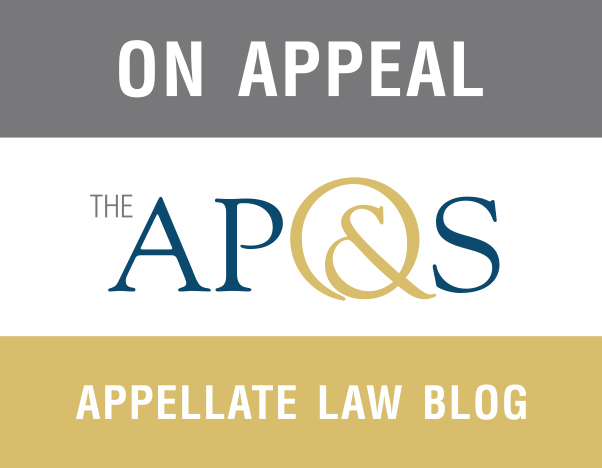A. Whistleblowers’ Protection Act
Russo v. State, 87 A.3d 399 (R.I. 2014): In Russo, the Rhode Island Supreme Court addressed an issue of first impression concerning the interpretation of Rhode Island’s
Whistleblowers’ Protection Act (the “WPA”). The WPA provides, in relevant part:
An employer shall not discharge, threaten, or otherwise discriminate against an employee regarding the employees’ compensation, terms, conditions, location, or privileges of employment:
a. Because the employee, or person acting on behalf of the employee, reports or is about to report to a public body, verbally or in writing, a violation which the employee knows or reasonably believes has occurred or is about to occur, of a law or regulation or rule promulgated under the law of this state, a political subdivision of this state, or the United States, unless the employee knows or has reason to know that the report is false . . . .”
R.I. Gen. Laws § 28-50-3(1).
In Russo, the Supreme Court held that an employer’s placement of an employee on paid administrative leave does not constitute an adverse employment decision akin to discharging, threatening or otherwise discriminating against the employee. Indeed, administrative leave with pay is not considered a suspension and it has been deemed to be “a reasonable means of coping with a problematic workplace situation while only ‘minimally affecting’ the employee.” Consequently, an employee placed on paid administrative leave cannot claim a violation of the WPA.
B. Independent Contractors
See Cayer v. Cox Rhode Island Telecom, LLC: https://www.apslaw.com/on-appeal/decisions/rhode-island-businesses-controlling/





